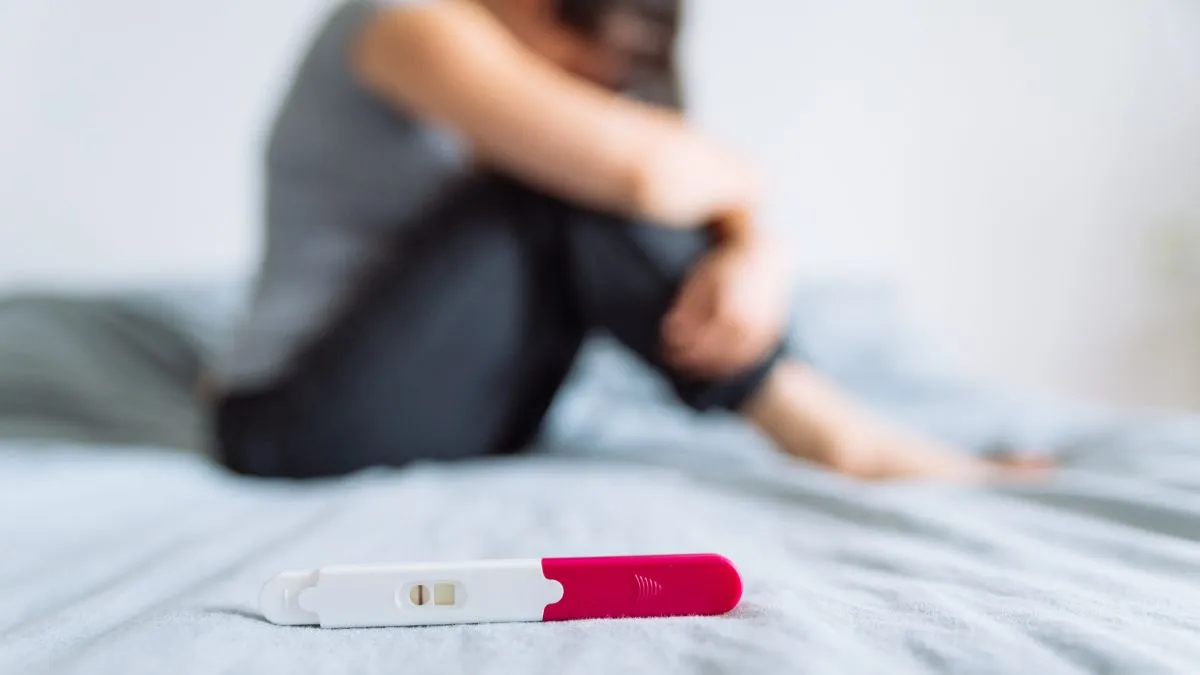- By Bornika Das
- Tue, 05 Aug 2025 08:50 PM (IST)
- Source:JND
For many women, fertility is something they don’t think much about until they start trying to conceive. But the truth is, your body often sends out subtle signals long before difficulties become obvious. Irregular periods, unexplained weight changes, persistent acne, or even chronic pelvic pain can sometimes point to underlying conditions that affect fertility. The challenge is that these signs are easy to overlook, dismiss as “normal,” or attribute to stress and lifestyle, especially when daily life keeps you busy.
Infertility is not just a medical condition; it can be an emotional journey that affects relationships, self-esteem, and long-term plans. Early detection is key because many fertility issues, when caught early, can be managed or even reversed. Understanding your body’s warning signs, knowing when to seek medical help, and making timely lifestyle adjustments can make all the difference in protecting your reproductive health. In conversation with The Daily Jagran, Dr. Nishi Singh, Head of Fertility, Prime IVF, shares early signs of infertility that women must know.
Recognising The Early Signs Of Infertility
Perhaps the most significant sign of infertility is an irregular or missing menstrual cycle. These can indicate problems with ovulation. Dr. Nishi Singh states, “Prolonged or heavy menses or breakthrough bleeding between periods are not to be taken lightly. PCOS (Polycystic Ovary Syndrome) and endometriosis are also frequent but usually unrecognised reasons for infertility.” If these are caught early and treated, this can make a significant difference to fertility prospects.
ALSO READ: Why Is India Facing Increased Population And High Infertility Rate? Doctor Explains

Early Signs Of Infertility In Women (Image Credits: Canva)
Age should also be considered. If you are below 35 and have been unable to conceive within a year of trying, or six months if you are over the age of 35, the time to see an expert has come. Early consultation means early intervention and prevention of delay in successful treatment.
Lifestyle, Testing & When To Seek Help
Lifestyle factors like alcohol intake, being overweight, smoking, and stress can affect fertility in the long term. Dr. Nishi Singh mentions, “Exposure to certain chemicals and plastics in the environment may also disrupt hormonal balance.” Women will have to monitor their cycles and look out for fertility awareness methods like basal body temperature recording and cervical mucus.
In terms of diagnosis, various tests can diagnose underlying causes:
- Blood hormone tests to assess ovarian reserve
- Ultrasound examinations of reproductive organs
- Laparoscopy in a few cases
- Semen analysis for men
ALSO READ: Is High Blood Pressure Affecting Your Fertility? Here’s What Doctor Shares For Men And Women
Open Conversations Matter
Fertility is a deeply personal journey, and each individual's experience is unique to them. Open communication with your gynaecologist is essential for an accurate diagnosis and personalised treatment plan.

